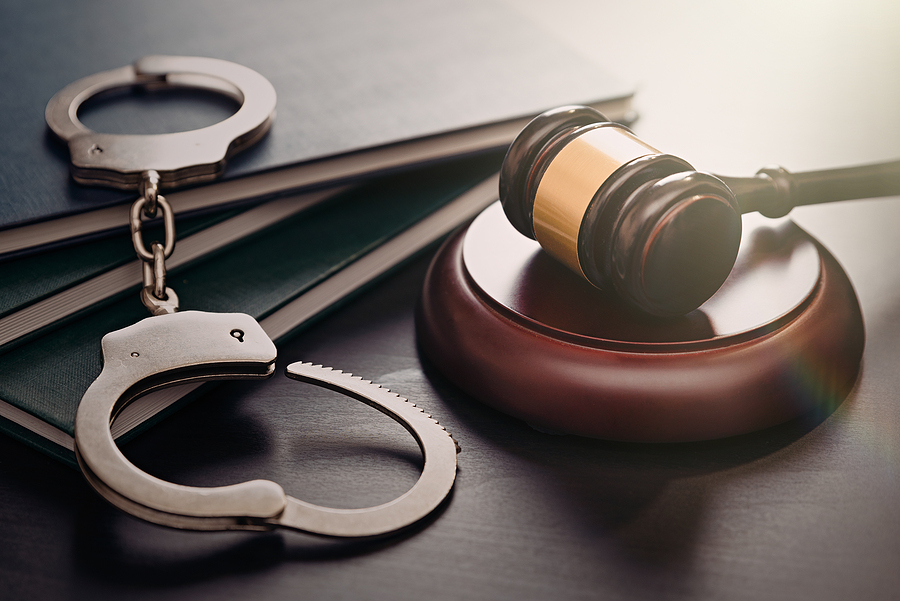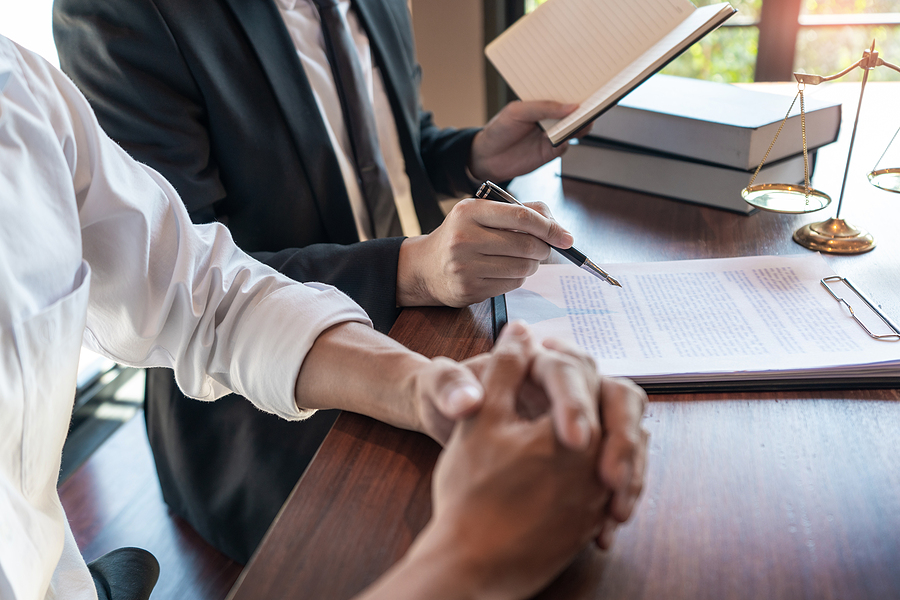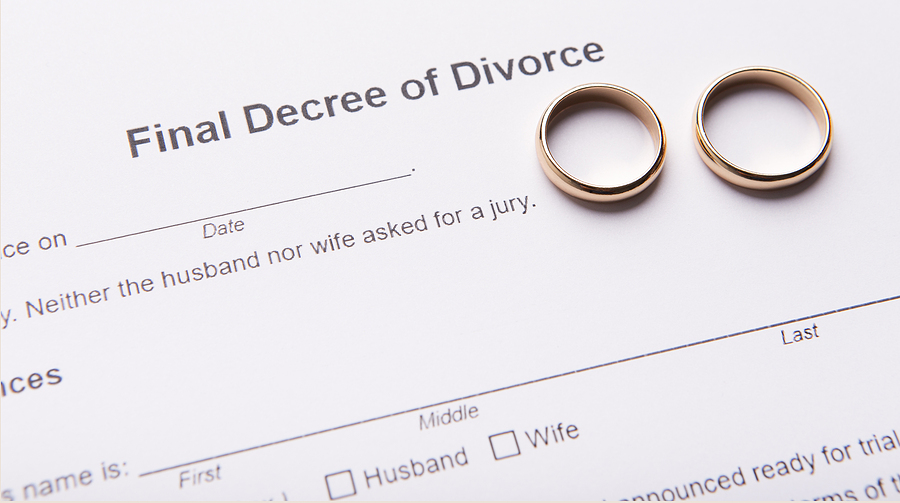If you’re facing criminal charges and believe you have to go to court to prove your innocence, you’ll be relieved to know that’s not how the system works. If you’ve been losing sleep over trying to figure out how you can prove you are innocent and what evidence you can present to defend yourself, don’t worry. You are not obligated to prove that you’re innocent. The entire burden of proof lies with the prosecution. Besides, if you have a good criminal defense attorney, you don’t have to do any of the hard work.
You are innocent until proven guilty
One of the most foundational aspects of our criminal justice system in the United States is that when you’re charged with a crime, you are presumed innocent until proven guilty. Thanks to Supreme Court decisions, the presumption of innocence is considered a due process right under the Fifth Amendment to the U.S. Constitution.
When you go to court for your hearing or trial, it won’t be your responsibility or your lawyer’s responsibility to prove you are innocent. In criminal court, it’s the prosecutor’s job to prove that you are guilty beyond a reasonable doubt. If the jury has any doubts about your guilt, they are supposed to find you not guilty. Your defense attorney will use their expertise and skills to poke holes in the prosecution’s arguments and will present all the evidence to the best of their ability to ensure you get a fair trial.
The concept of being innocent until proven guilty also applies when you don’t go to trial. Since not all criminal charges come with the right to a trial, it’s possible that you won’t have to face a jury. In that case, the prosecution will have to convince a judge that you are guilty.
Not testifying doesn’t make you guilty
Another misconception a lot of people have is that not testifying is a sign of guilt. While it’s true that some people might interpret your silence as guilt, it’s not automatic, and jurors are specifically instructed not to presume guilt when a defendant doesn’t testify at their own trial.
Sometimes it’s better and in your best interest if you don’t testify. You have the right to remain silent and avoid self-incrimination under the Fifth Amendment to the U.S. Constitution, and you are guaranteed those rights in court.
Are you facing criminal charges? Make sure you have a lawyer
Trying to face criminal charges alone is a big mistake. If you don’t have an attorney yet, find one with a good reputation and get a free consultation as soon as possible. Going into a courtroom to defend yourself won’t be as glamorous as it is on television. There are far too many nuances to the way the justice system works that unless you’re an experienced legal professional, you will get lost really fast.
Chances are, you’ll fail to follow required court procedures and you probably won’t file your motions correctly or on time, if at all. Unfortunately, you won’t be able to ask for help because the prosecutor won’t be able to legally assist you, even with simple information about how to file a motion. The judge might help you, but they aren’t legally obligated to do so, and in fact, most judges find self-represented litigants to be a source of frustration and annoyance because they slow things down.
It’s a good idea to find a criminal defense attorney who specializes in the type of charges you’re facing. For example, if you’re facing drug charges, a DUI, or theft, it’s best to find an attorney who specializes in defending those types of charges. This is the best way to ensure you get the best outcome for your case. An attorney will be able to negotiate on your behalf to get you a plea deal and may even be able to get your charges dropped. They’ll also fight for a lighter sentence, including less jail time and smaller fines whenever possible.
Don’t worry about proving or defending yourself
The bottom line is that facing criminal charges can be overwhelming and emotionally taxing. It can also be frightening since you can’t know the outcome of your case and how it will affect your life until it’s all over. The last thing you need to be worried about is having to prove yourself innocent or even defend yourself in court. Leave everything to your attorney and they’ll leverage their expertise to get you the best outcome.
Image Source: BigStockPhoto.com (Licensed)
Related Categories: Legal, Reviews








